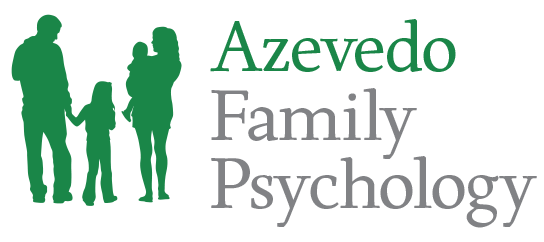
Therapeutic Techniques for Improving Sleep Quality
June 4, 2024
The Emotional Journey of Becoming a Parent
August 3, 2024Daily life can be stressful. How we cope often comes down to our mental health toolkit; collecting a mix of practices, activities, and coping strategies that fit your lifestyle can help you handle the ups and downs of daily life.
Whether it’s mindfulness exercises, physical activity, or creative pursuits, each element boosts your mood and resilience. Let’s dive into the different components you might include in your toolkit and explore how they work to keep your mental health in check.
Mindfulness and Meditation
Mindfulness involves staying present and fully engaging with the now – helping you to alleviate worries about the past or future. Meditation can take many forms, from guided visualizations to simply focusing on your breath. Both practices reduce stress and anxiety, and improve your mood.
Even if you’re not into the idea of meditation, learning a few breathing exercises can help you through challenging moments. Breathing techniques, such as deep breathing or the 4-7-8 method, can be quick and effective tools to calm your mind and reduce stress on the spot. These practices are versatile and can be done anywhere, whether you’re at your desk, in traffic, or winding down before bed.
Physical Activity
Exercise isn’t just great for your body; it’s also powerful for your brain. Activities like walking, yoga, or team sports release endorphins, which are chemicals in the brain that act as natural painkillers and mood lifters. While exercise might feel like the last thing you want to be doing when you’re stressed or sad, a quick walk around the block can do wonders to help refresh your mental state.
Social Connections
Relationships and social networks serve as a critical part of your mental health toolkit. Connecting with friends and family offers emotional support, which can buffer against feelings of loneliness and depression.
Beyond just providing a listening ear, these social connections can also give you a sense of belonging and purpose, crucial elements for psychological well-being. Engaging in regular social activities, whether it’s a weekly video call with a friend or attending community events, helps to maintain these connections and supports your mental health in the long run.
Quality Sleep
Never underestimate the power of a good night’s sleep. Sleep affects our emotional and mental health tremendously, influencing mood, energy level, and cognitive function. Consistent, restorative sleep helps to process emotional memories, manage stress, and rebalance the brain’s neurotransmitters, including those that regulate mood.
Lack of sleep, on the other hand, can lead to irritability, heightened stress, and difficulty managing emotions. It can also impair decision-making and creativity. Establishing a regular sleep routine—going to bed and waking up at the same time each day, creating a restful environment, and winding down before bed—can significantly enhance the quality of your sleep, thereby strengthening your mental health resilience.
Professional Help
Sometimes, the best tool in our kit is professional assistance. Therapists and counselors are trained to help you create strategies tailored to your personal needs.
If you find yourself struggling, don’t hesitate to schedule an appointment today.




